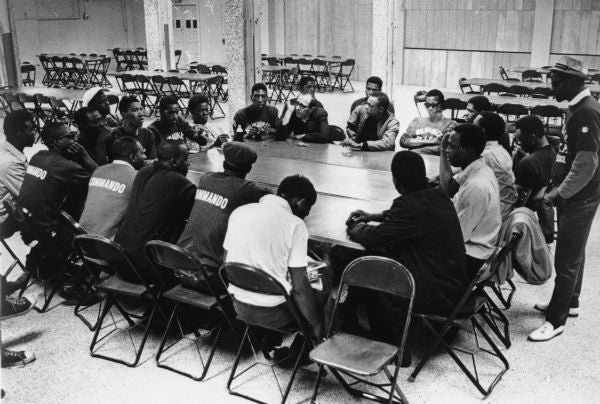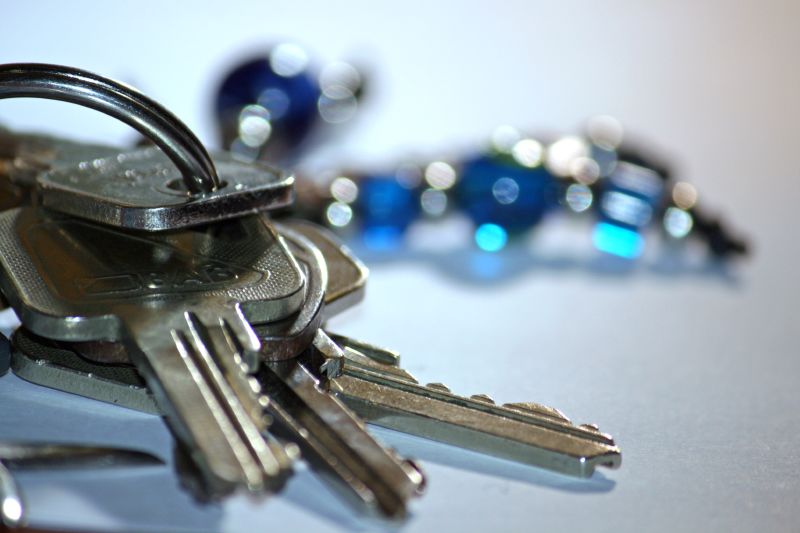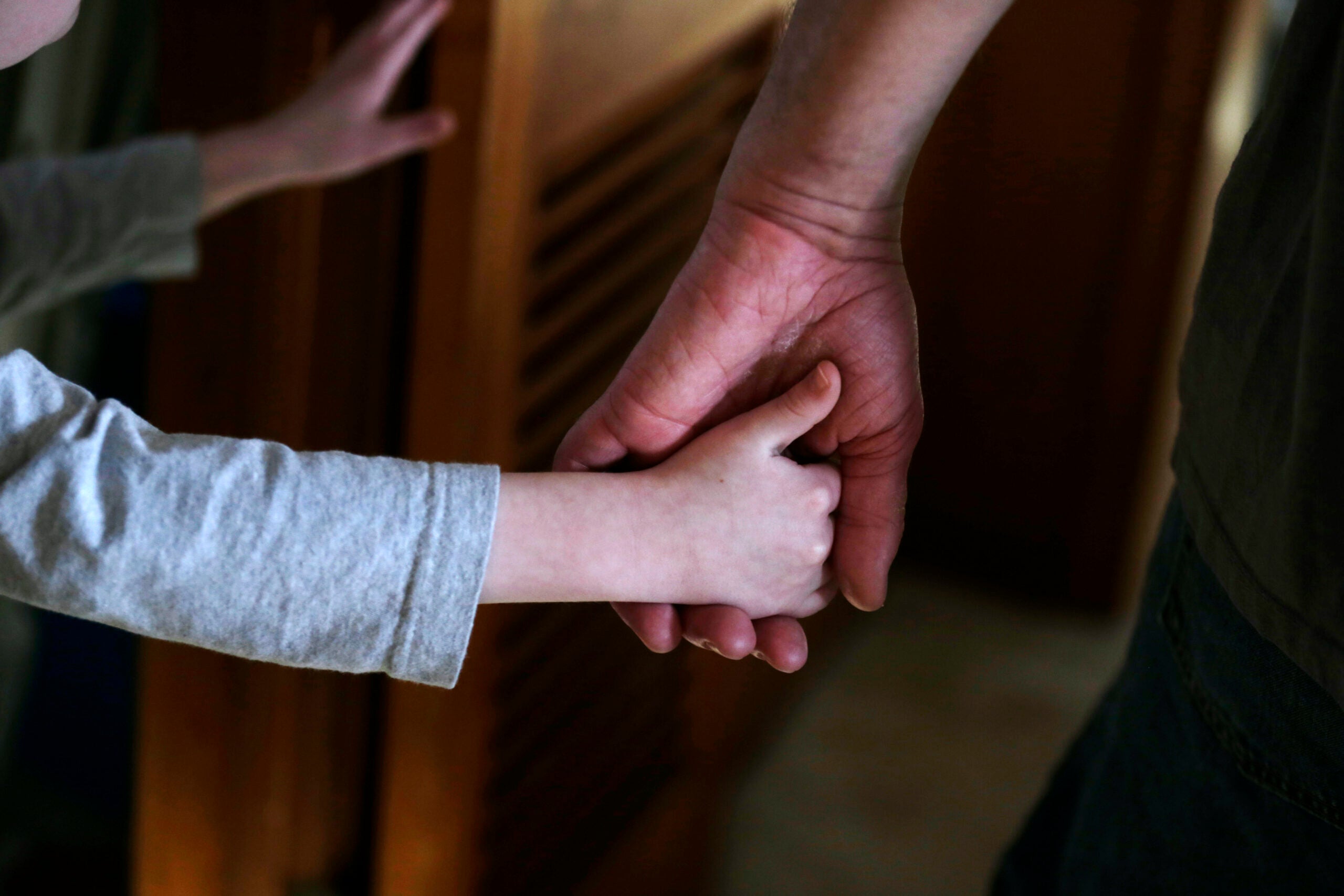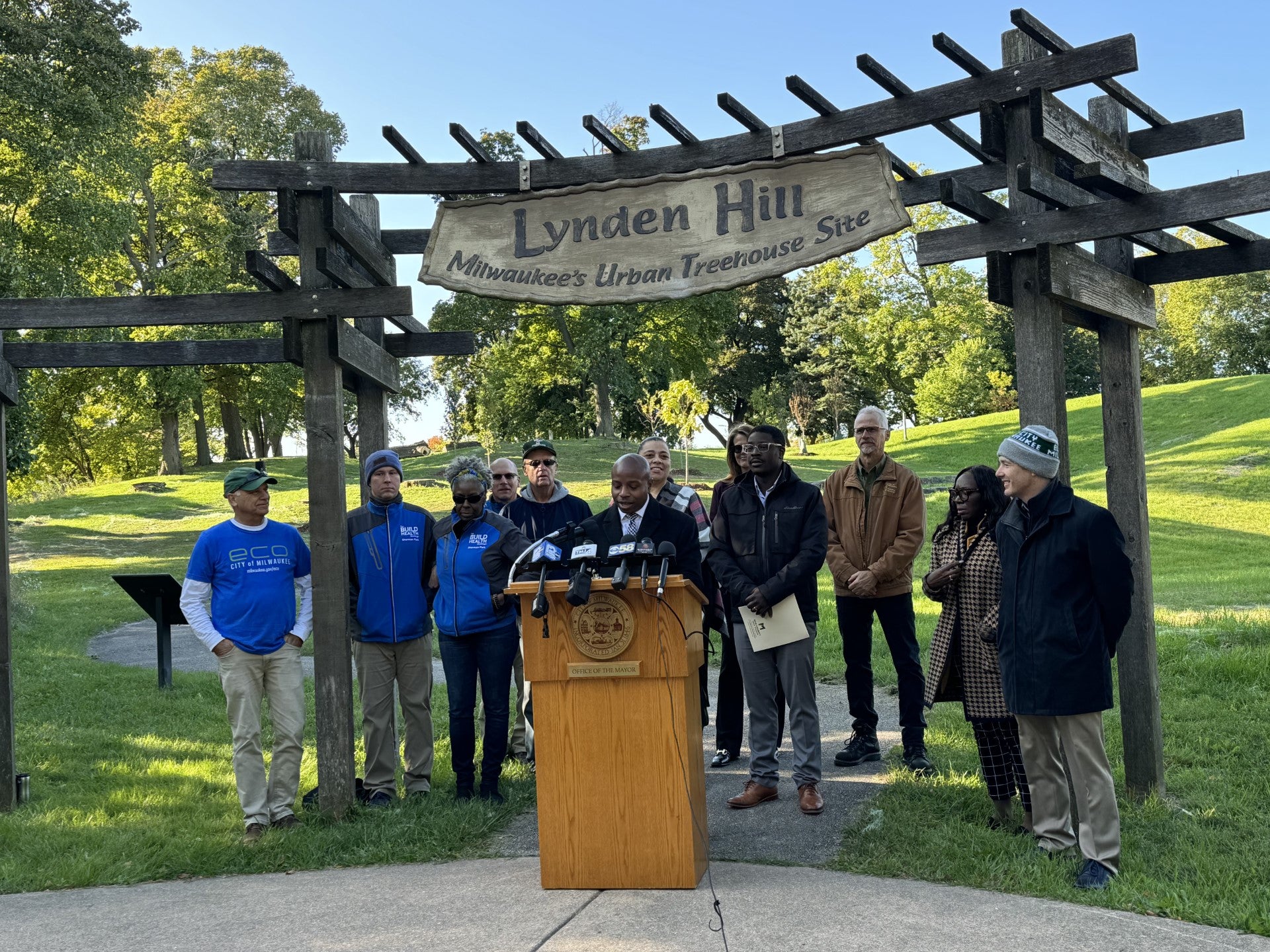Governor Walker proposed a bill to ease environmental regulations on Taiwanese electronics company Foxconn, which will build a manufacturing plant in southeast Wisconsin. A reporter tells us what environmental rules the company could bypass. Fifty years ago, Milwaukee saw months of demonstrations in support of fair housing legislation for the city’s African American residents. An oral historian tells the story of the marches and discusses why Milwaukee remains one of the most segregated cities in the country. We also talk about the most beautiful places to kayak in Wisconsin.
Featured in this Show
-
50 Years After Open Housing Marches, Milwaukee Struggles With Segregation
In August 1967, the city of Milwaukee saw marches for a new law that would end discrimination for African-Americans seeking housing. While Milwaukee already had a fair housing law, many saw it as weak legislation that didn’t cover all parts of the city.
According to Reggie Jackson, oral historian and head griot of America’s Black Holocaust Museum in Milwaukee, African-Americans had few options when it came to finding new homes to live in.
“Blacks were stuck in one part of the city, the central part of the city just north of downtown. (It was) an area that had been basically the oldest housing stock in the city,” he said.
Alderwoman Vel Phillips had been pushing for a more effective law to end housing discrimination for years within the Milwaukee Common Council. She introduced the bill four times between 1962 and 1967 and each time it was introduced, Phillips’ vote was the only one in favor of it and the rest of the council voted it down.
She eventually teamed up with the NAACP, organizing marches for open housing for 200 consecutive days.
“They began to work together to raise awareness of the issue to begin to protest at the homes of aldermen and to also get out in the streets and begin to plan marches,” Jackson said, adding that the marches were met with counter-protesters, who, at times, were larger in number than those marching for the housing law.
In April 1968, Milwaukee’s Common Council, which had seven newly-elected alderman, did pass an open housing law though it came after a period of deep unrest in Milwaukee and the rest of the country. Only weeks earlier, Martin Luther King Jr. was assassinated and Congress passed the Civil Rights Act of 1968.
It has been 50 years since the marches and promises of residential integration, but Milwaukee continues to find itself at the top of lists naming the country’s most segregated metropolitan areas — often in the company of cities like Detroit and Cleveland.
Jackson said the black-white divide is evident when one looks at the racial breakdown of Milwaukee County as a whole, where the majority of African-Americans live within Milwaukee’s city limits and not in the suburbs.
“If you look at the 19 cities of Milwaukee County, there are only three outside the city of Milwaukee that have an African-American population above five percent,” he said.
Jackson pointed to the legal system as partly responsible for the perennial problem of racial and economic segregation in Milwaukee. He mentioned zoning laws in suburban communities that prevented the development of low-income housing and said that while there is an open housing law, “it’s not strongly enforced.”
But Jackson also looked beyond laws and said one of the most important things people can do is to take steps on their own to create more integrated communities.
“The first thing is people opening up their communities and welcoming people to their communities from different groups that they’re not accustomed to being around,” he said.
-
Walker Introduces Bill That Would Relax Environmental Rules On Foxconn
The White House announced that Taiwanese electronic company, Foxconn, will build a manufacturing plant in southeast Wisconsin and bring thousands of jobs to people. A recent proposal from Walker incentivizes the company’s presence in Wisconsin by allowing it to bypass environmental regulations. A reporter tells us about the criticism the plan is getting from conservationists.
-
Milwaukee's Fight For Fair Housing, 50 Years Later
Fifty years ago, demonstrators filled the streets of Milwaukee in support of open housing laws that would do away with residential segregation. A law was eventually passed, but Milwaukee remains one of the most segregated cities in the country. A Milwaukee historian tells the dramatic story of the marches and discusses the problems that persist.
Episode Credits
- Veronica Rueckert Host
- Dean Knetter Producer
- Haleema Shah Producer
- Reggie Jackson Guest
- Molly Beck Guest
Wisconsin Public Radio, © Copyright 2025, Board of Regents of the University of Wisconsin System and Wisconsin Educational Communications Board.



